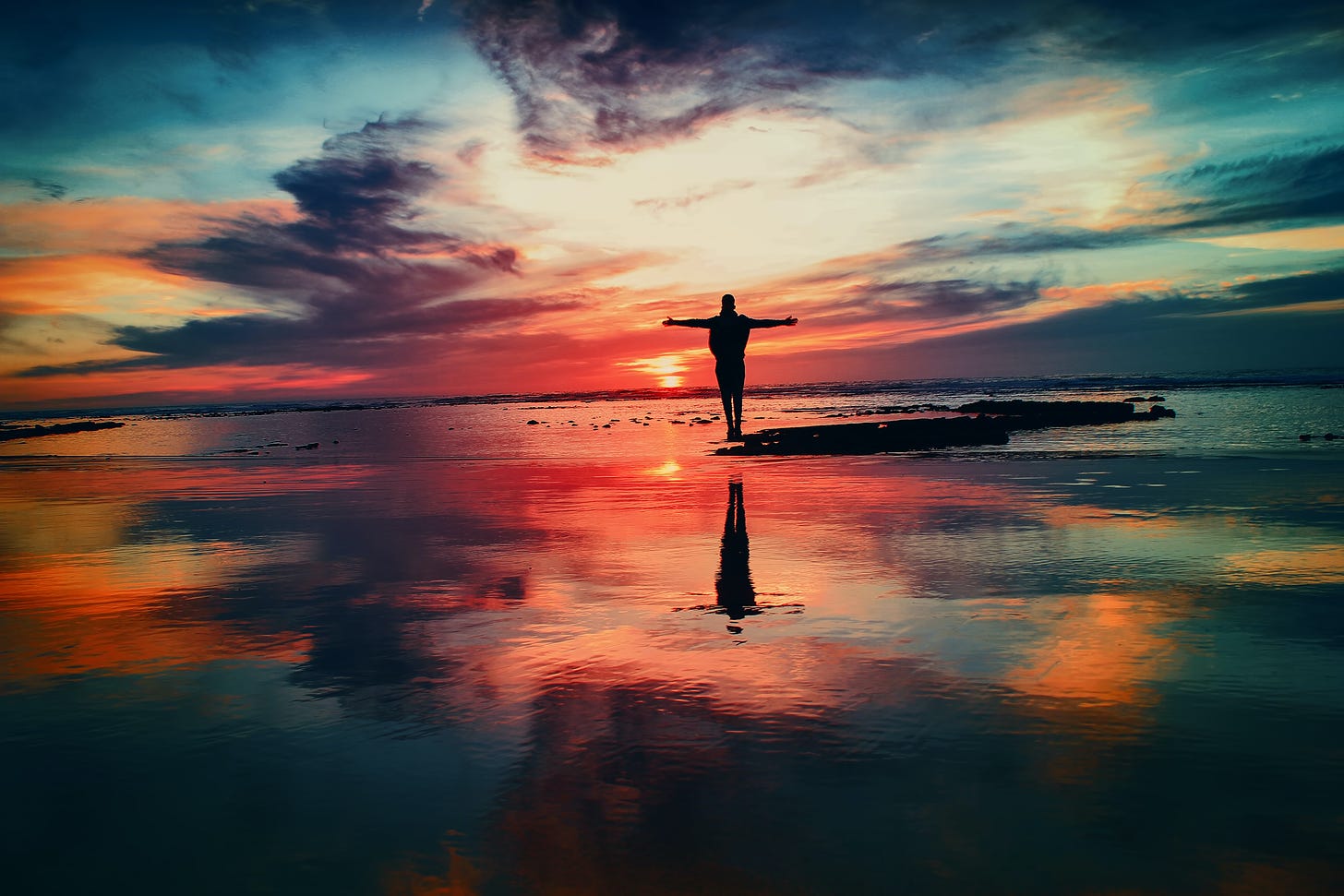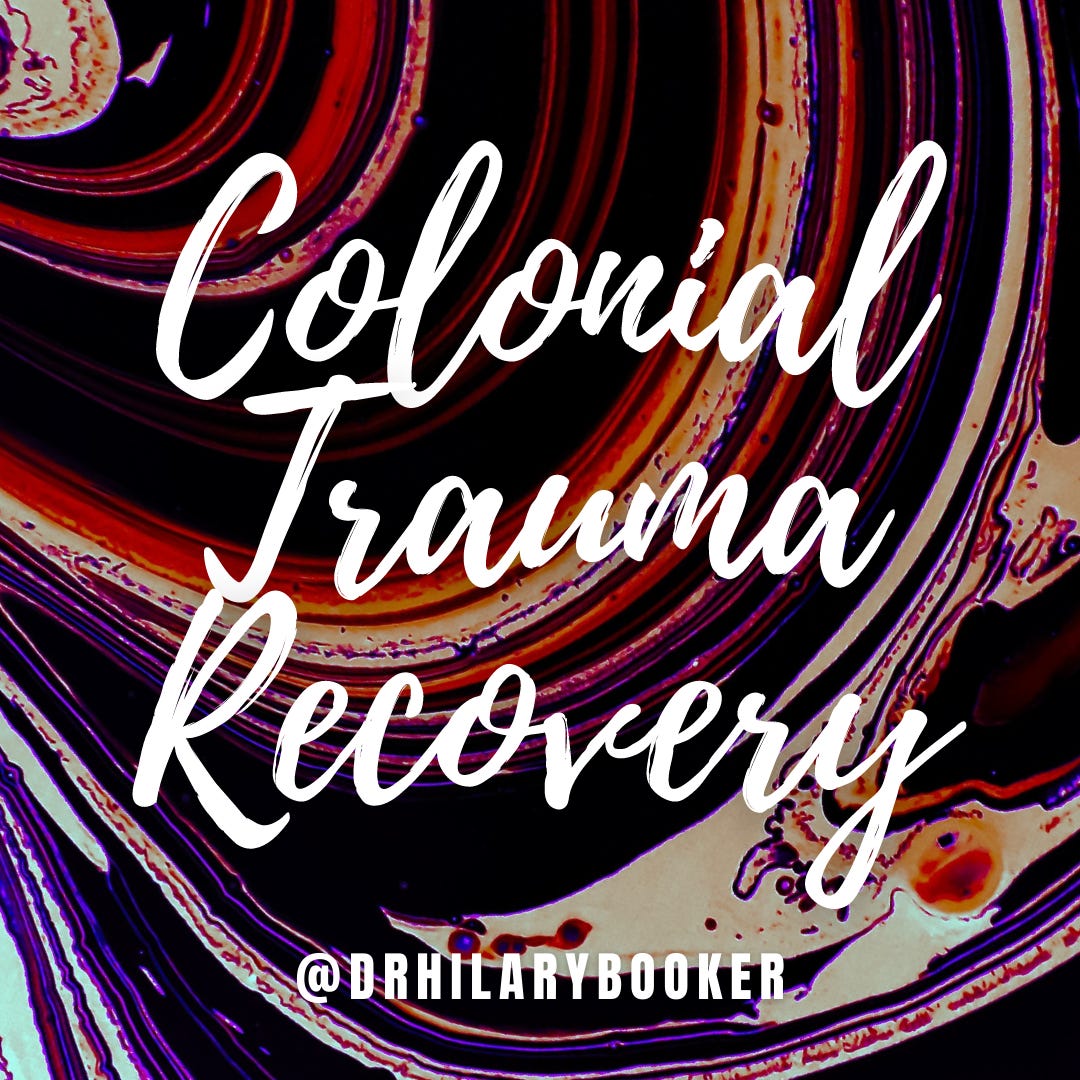Happy Monday, Earthlings!
As you can see, I like to keep it light on a Monday!
(That’s a joke, of course. Those are necessary in the deeper and more challenging areas.)
As a starter, I want to say that this is a conversation—one that continues to evolve within me, within communities, globally, and hopefully here, in this DBN community.
To be honest, I really feel the term “Colonial Trauma” is redundant because the most nuanced understandings of both trauma and colonialism are extremely similar. If the functions and outcomes of each were mapped out on geographic spaces like cities, nations, or human bodies, their tracings would look almost exactly the same. Most importantly, Colonialism is a trauma to human and ecological systems that manifests in organisms, ecosystems, communities, and landscapes of all kinds and definitions.
Trauma is physiological. It’s both a disruption to the architectural landscape of the brain and an energetic pattern imbued into the entire nervous system. These energetic disruptions can (and often do) lead to many physiological illnesses and are associated with many psychological disorders. Colonialism, too, is a disruption to landscapes of all kinds—including that of innate human connection. It, too, is an energetic pattern imbued in every human system and structure. It affects how all energy—including food, water, wealth, education, freedom, safety, and healthcare among among others—flows across geographies.

Colonialism is a self-perpetuating trauma. And trauma, by definition, is self-perpetuating until it is healed.
Ancestral or inter-generational traumas are psychological and physiological manifestations that affect people’s minds, bodies, community psychology, and inter-personal interactions. More often than not, these collective forms of trauma that run through lineages, communities, and genetics are connected to or the direct result of colonialism—regardless of who you are or how you identify.
Trauma and colonialism would both be healed more quickly and easily if their intrinsic link was acknowledged and explored as a conversation between a broad range of perspectives, narratives, disciplines, and communities. It’s my intention to use this space as one to house those sorts of conversations and I wanted to introduce it today, in honor of Indigenous People’s Day and my own ongoing explorations of this important intersection.
On 31st October, the next Copenhagen Climate Conference will commence. As a result, I plan to spend the next couple of weeks using this space to discuss some important nexuses between ecological sustainability, resources, and technology. I hope you will join me. If you have any areas of particular interest, please feel free to hit the reply button in your email and let me know.
As always, I love hearing from you, so don’t be shy about reaching out!
Have a beautiful day!
Hilary
Know someone else who would like this newsletter? Sharing is caring!
Don’t forget to subscribe yourself, if you haven’t yet!



